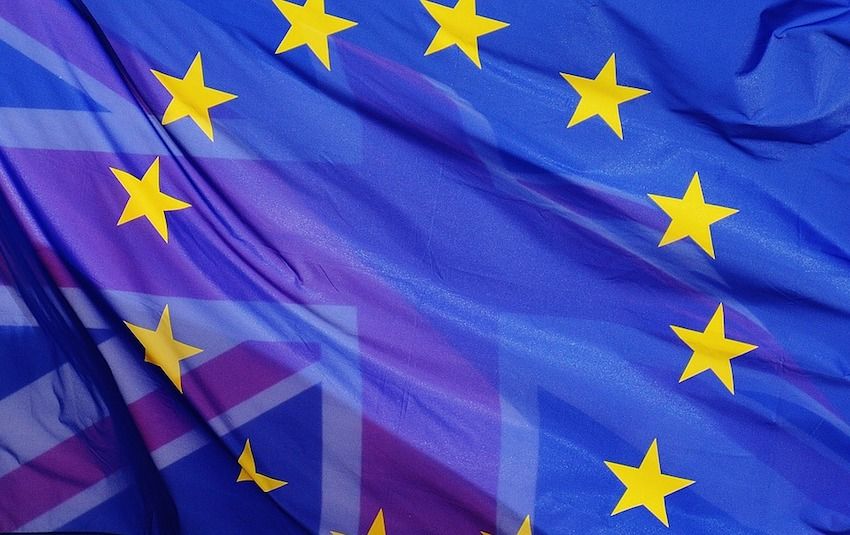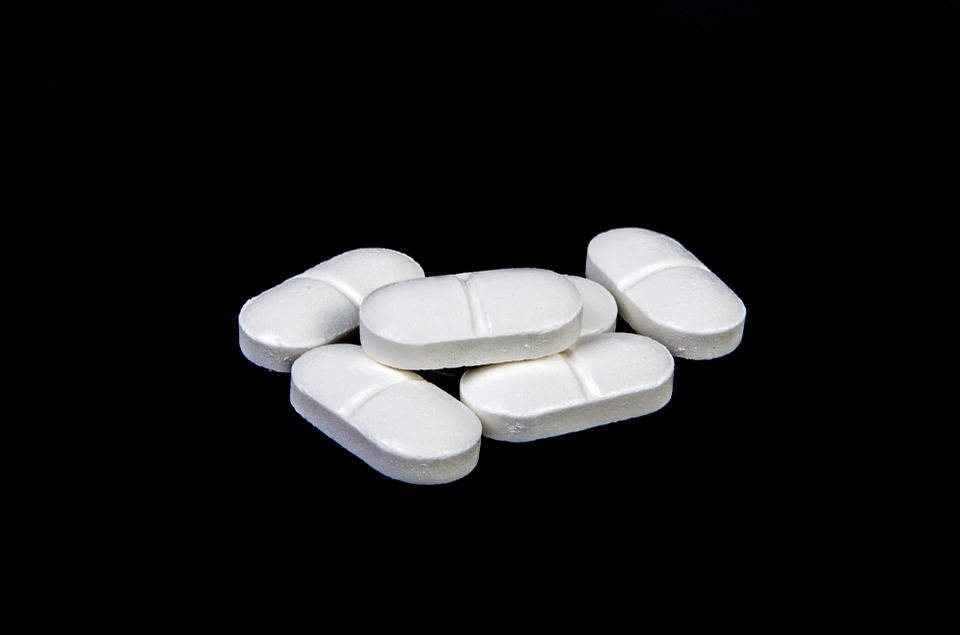

With just 85 days to go, and the likelihood of a 'no deal' Brexit growing by the day, the government is updating Jersey's 'State of Emergency' plans to cope with squeezes on food, fuel and medical supplies.
According to the Chief Minister, the current Emergency Powers Law is almost 30 years old and has been "ready for revision for some time."
The move to update the plans has also been prompted by officers, who carried out a review earlier in the year and highlighted numerous gaps.
The first of the changes is to do with the body responsible for making laws in an emergency situation.
In a report to States Members, the Chief Minister says its important decisions made by the Emergency Council are "robust" in case they’re challenged. To fix this, they’ve drawn up new rules on how decisions are made.
Under the plans, six States Members will sit on the council, each with specific responsibilities: the Chief Minister, Home Affairs Minister (responsible for fuel and electricity, gas, and postal services), Economic Development Minister (responsible for food and ports), Infrastructure Minister (responsible for water), Health and Social Services Minister, and one of the island’s 12 constables – currently St Lawrence Constable, Deirdre Mezbourian.
In theory, in future new laws could be approved as long as two out of three members give it the go-ahead.
To speed up decision-making, it’s also being suggested that meetings can be held by teleconference or videoconference.

Pictured: New laws may be needed to help secure essential supplies of medicines in a 'no-deal' Brexit world.
The other change is potentially more important. Whilst there is a minister responsible for making sure food gets into the island, no one is responsible for medicines and medical supplies. There are concerns there could be problems because a 'no deal' Brexit will put an end to the free flow of goods.
The exact powers and responsibilities of the post are yet to be decided, but are likely to include having the ability to limit the number of prescriptions pharmacists can issue; requisitioning potentially ‘at risk’ supplies from pharmacies to a central distribution point to manage use - and to even close pharmacies.
The suggested changes to the Emergency Powers Law will be debated and voted on by States Members in September.
Jersey’s relationship with the Europe is an unusual one. According to the government: "In simple terms, the island is treated as part of the European Union for the purposes of free trade in goods, but otherwise is not a part of the EU. The formal relationship is set out in Protocol 3 of the UK's 1972 Accession Treaty and confirmed in what is now Article 355 (5) (c) of the EU Treaties."
That special relationship will end when the United Kingdom and Northern Ireland leave the Union. The current deadline is 31 October.
Comments
Comments on this story express the views of the commentator only, not Bailiwick Publishing. We are unable to guarantee the accuracy of any of those comments.